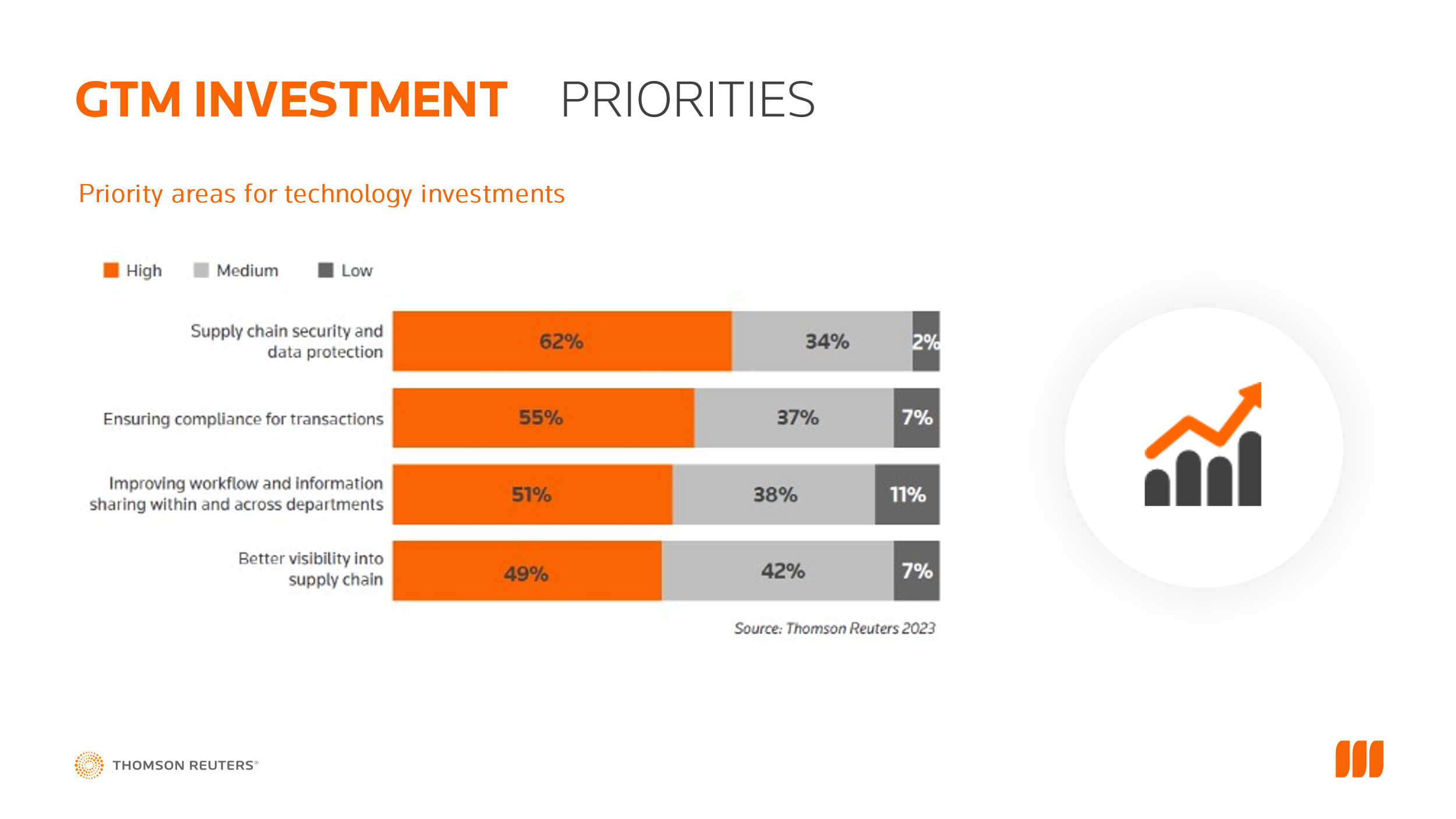Hot Tax Topics for Multinational Groups, in the US, the EU and Beyond
The following post was originally included as part of our recently published memorandum “Selected Issues for Boards of Directors in 2024”
Impact of “Pillar Two” Global Minimum Taxation
The push for global tax reform will continue to have a significant impact on large multinational groups in 2024. Since broad international consensus was reached through the Organisation for Economic Co-operation and Development (OECD) in 2021 on the principles of a “two-pillar solution” to tax challenges arising from the digitalization of the world economy, many of the countries that support the plan (of which there are now over 140) have rushed through legislation to implement the second pillar (a global minimum rate of effective taxation) by the end of 2023. Many of the new “Pillar Two” rules will accordingly apply for the first time in 2024, and companies should be sure they understand both the overall global impact and how local nuances create differences between jurisdictions.
Pillar Two aims at ensuring that large multinationals pay a minimum 15% effective tax on their worldwide income (as determined on a jurisdiction by jurisdiction basis), wherever they are headquartered or have their business operations. The rules will apply to multinational groups with €750 million or more in consolidated revenues, although not sovereign, nonprofit or charitable entities, or pension, investment and real estate funds. There is also an exclusion for international shipping income. Other limitations include a de minimis exclusion for jurisdictions where revenues and profits are low, and a substance carve out that excludes certain amounts of income based on the carrying value of tangible assets and payroll.
To read the full post, please click here.
For a PDF of the full memorandum, please click here.






